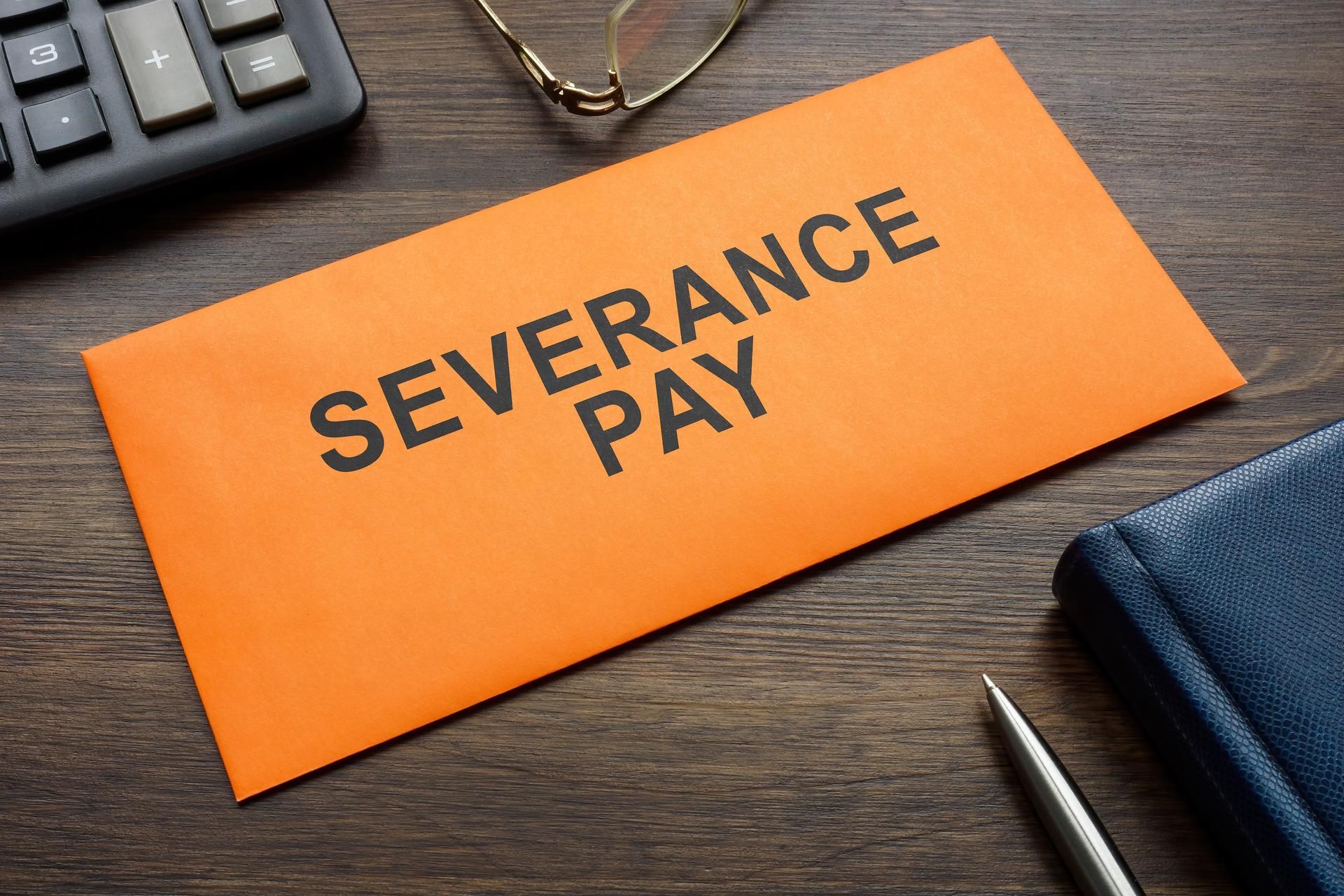Frequently Asked Questions About Pregnancy Discrimination

American workers have benefited from anti-discrimination legislation for decades, thanks to legal measures such as Title VII of the Civil Rights Act of 1964, which originally prohibited discrimination based on factors such as age, sex, race, and religion. Today's pregnant workers also enjoy federal legal protection against discrimination.
Which Law Protects Pregnant Workers Against Discrimination?
While the original Title VII provision did not include pregnancy as a reason for workplace discrimination, this situation underwent a change in 1978 with the addition of the Pregnancy Discrimination Act (PDA) . This amendment to the original law extends the core protections of Title VII to pregnant workers.
The PDA does not attempt to include pregnancy discrimination as a form of sexual harassment. Instead, it establishes the protected status of pregnancy by categorizing it as a temporary condition. The Supreme Court recent borrowed from disability law to help enforce the PDA. Employers must offer the same considerations to pregnant workers as they would to any employee with a temporary disability.
If you believe that you may face discrimination in the workplace because of your pregnancy, you need to develop a high-level understanding of how this form of discrimination may occur and what you can do about it. Start by examining the answers to the following questions about pregnancy discrimination.
How Does Pregnancy Discrimination Manifest Itself?
Any unfavorable treatment of a worker based on that worker's pregnancy, or on issues directly related to the pregnancy, may constitute pregnancy discrimination. This mistreatment may apply to hiring, firing, training, promotion (or demotion), layoffs, pay rates, assignments, and other aspects of the employment experience.
Discrimination against a pregnant worker may take a variety of forms, from subtle to blatant. Offenders might require the worker to take a medically unnecessary (i.e. early) maternity leave, refuse to make special allowances for pregnancy-related symptoms or work limitations, dock pay, or change the worker's job status.
When Does Harassment Count as Pregnancy Discrimination?
Harassment of a worker based on that worker's pregnancy counts as pregnancy discrimination. If members of your workplace subject you to crude jokes, derogatory language, hurtful cartoons, inappropriate physical contact, or lewd gestures, these behaviors count as harassment and run afoul of the law.
What Other Kinds of Discrimination Relate to Parenthood?
Discrimination against a pregnant worker may not end once the baby has arrived. New mothers may encounter harassment, unreasonable job demands, pay cuts, or other unfair treatment based on their need to spend time caring for a baby (including the right to express mother’s milk). Even new fathers may experience this kind of discrimination.
Federal laws do not specifically address the issue of parental or familial discrimination, leaving these issues to the states. Unfortunately, Alabama has no law prohibiting this form of workplace discrimination. However, new parents may invoke their right to maternity and paternity leave via the Family and Medical Leave Act (FMLA) if their employer is large enough.
How Can You Fight Back Against Pregnancy Discrimination?
Your negative workplace experiences may entitle you to file a federal pregnancy discrimination lawsuit based on violations of the PDA. You must file a formal charge with the Equal Employment Opportunity Commission (EEOC) within 180 days of the discriminatory action.
After reviewing your charge and sending a copy of it to your employer, the EEOC may recommend strategies ranging from outright dismissal (especially if you missed the submission deadline) to mediation or full-scale litigation. Bear in mind, however, that this organization rarely offers plaintiffs legal representation in such cases. The EEOC carries out its mandate from Washington. A lawyer you hire for your case looks out for your best interests.
Once past these preliminary stages, the EEOC will send you a Right to Sue notification. At this point you may go ahead with any legal action you may consider necessary. A skilled business attorney can help you present your case and fight for your rights.
Allen D. Arnold Attorney at Law can help you battle against pregnancy discrimination in your workplace and can assist you with all steps at the EEOC and in Court. Contact our law office today to ask for a free consultation.
Alabama Rules of Professional Conduct Notice: No Representation is made that the quality of legal services offered is greater than that of other lawyers. The information contained on this website is not a substitute for legal advice, and reading it does not create an attorney-client relationship.









